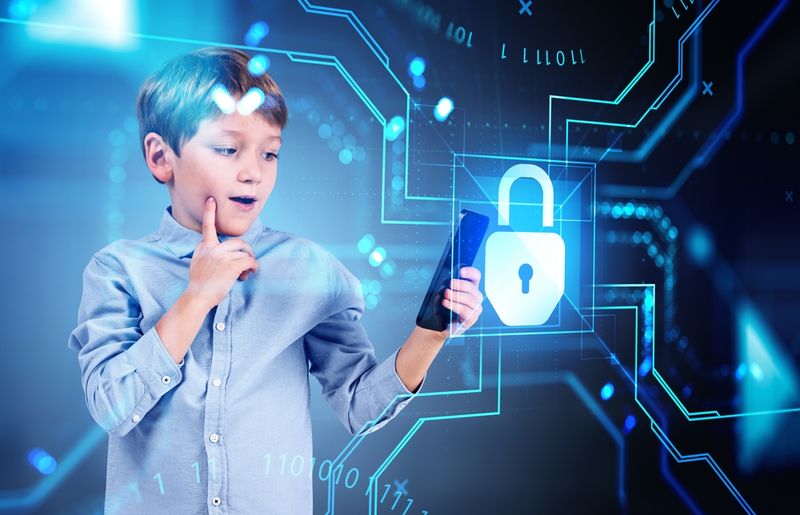Why Kids Need Their Identities Protected
Posted on Wednesday, October 11, 2023
To keep this site free for consumers, we receive compensation for customer referrals.

The Importance of Protecting Kids' Identities
As parents and guardians, it is our responsibility to ensure the safety and well-being of our children. In today's digital age, where information is easily accessible and shared, protecting our kids' identities has become more crucial than ever. Their personal information, including their names, addresses, and even images, can be misused if not adequately safeguarded. This blog post explores why kids need their identities protected and the potential consequences if these precautions are not taken seriously.
Potential Dangers of Not Protecting Kids' Identities
1. Online Predators: By revealing personal information such as their full names, age, and location, kids can become targets for online predators. These criminals can use this information to groom and exploit them, leading to dangerous offline situations.
2. Cyberbullying: Without identity protection, kids may become victims of cyberbullying. By identifying them online, bullies can easily target and harass them, leading to psychological distress and low self-esteem. Cyberbullying can have severe consequences on a child's emotional well-being and mental health.
3. Identity Theft: The risk of identity theft is not limited to adults. Children's identities can also be targeted, as they often have clean credit histories. This crime can have long-lasting financial consequences for kids, potentially affecting their future opportunities, such as applying for college or securing employment.
4. Online Reputation: In today's digital world, online presence matters. Without identity protection, kids may unknowingly damage their reputation by sharing inappropriate content or engaging in cyber misconduct. These actions can haunt them in the future when applying for jobs or building their professional careers.
Best Practices for Protecting Kids' Identities
1. Be mindful of what's shared: Avoid sharing personal details, such as full names, addresses, and phone numbers, on public platforms or social media. Limit the information accessible to strangers, ensuring your child's safety.
2. Teach responsible online behavior: Educate your kids about the importance of online privacy and responsible internet use. Encourage them to think before sharing any personal information and to be cautious when interacting with strangers online.
3. Set strict privacy settings: Make sure to adjust privacy settings on social media platforms and other online services used by your children. Restricting access to their profiles and content ensures that only trusted individuals can view or interact with them.
4. Regularly monitor online activity: Keep a close eye on your child's online activities. Regularly review their social media profiles, friend lists, and browsing history to identify any potential risks or signs of cyberbullying or inappropriate behavior.
5. Use reputable security software: Install reliable security software to protect your child's devices from malware, phishing attempts, and unauthorized access. Regularly update software and educate your child about the importance of strong passwords and safe internet practices.
Conclusion
In an increasingly connected world, protecting our kids' identities is paramount. Online predators, cyberbullying, identity theft, and damaged reputations are just a few of the potential risks they face without adequate protection. By implementing best practices such as being mindful of what's shared, teaching responsible online behavior, and regularly monitoring online activity, we can help safeguard our children's identities and ensure their safety and well-being in the virtual realm.









